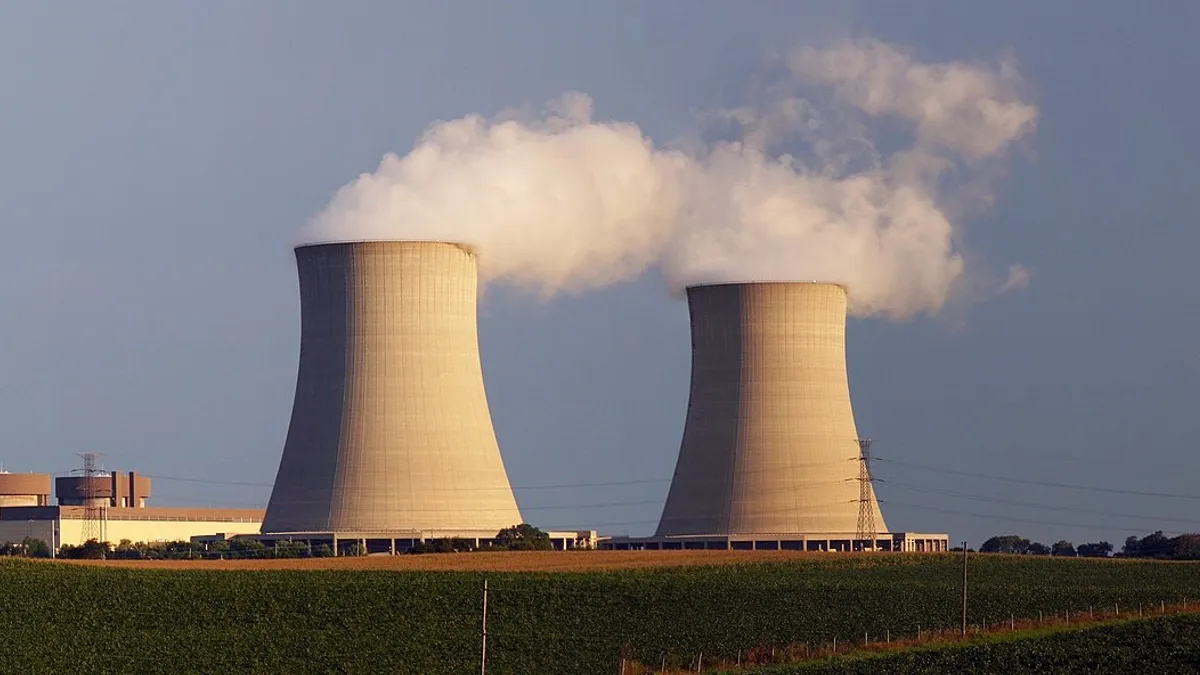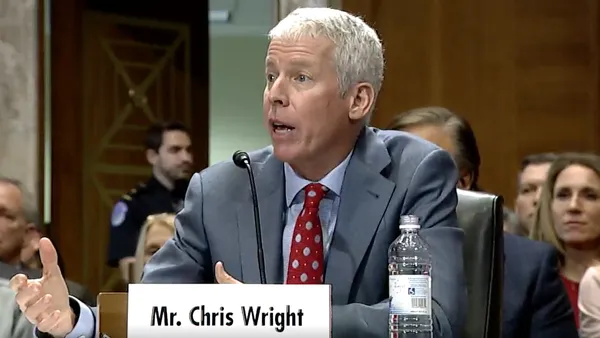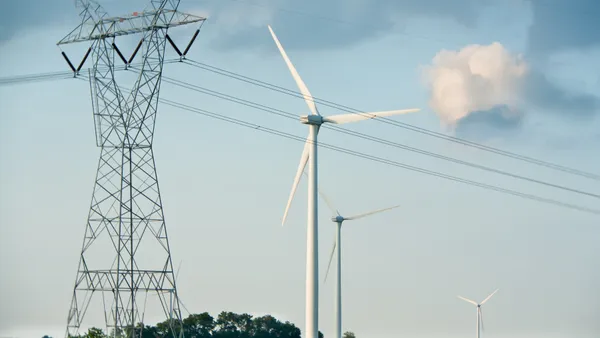Dive Brief:
- The U.S. Court of Appeals for the District of Columbia Circuit on Thursday denied a request to halt implementation of the EPA Clean Power Plan until litigation on the regulatory package has concluded.
- The stay was requested by a coalition of states and fossil fuel interests, led by West Virginia, which argued that they would suffer irreparable harm if the D.C. Circuit did not put a judicial stay on the emissions regulations, which seek to cut carbon pollution from the power sector 32% by 2030.
- The three-judge panel fast-tracked consideration of the case, setting June 2 as the date to hear oral arguments on the Clean Power Plan's legality. Regardless of how the D.C. Circuit rules, observers widely expect the Supreme Court to take up the case.
Dive Insight:
Back in September, the D.C. Circuit rejected a separate request from the West Virginia-led coalition for a judicial stay, saying that the petition was premature because the EPA had not published the finalized regulation in the Federal Register.
Once the plan was published in October, the coalition filed another request for a stay, arguing that its parties would suffer irreparable harm if the EPA were allowed to implement the carbon regulations while stakeholders litigate the plan in the courts. The petitioners, a group of fossil fuel producers, generators, and conservative states, argue that the agency overstepped its authority under the Clean Air Act by seeking to regulate pollution sources "outside the fenceline" of individual power plants.
In a brief, three paragraph order, the three-judge panel wrote that the parties "have not satisfied the stringent requirements for a stay pending court review."
The judges reviewing the case were Sri Srinivasan, Judith Rogers, and Karen Henderson, appointed by Presidents Obama, Clinton and Bush (41), respectively. The panel ordered expedited review of the case, setting June 2, 2016 as the date for oral arguments, and told the parties to "also reserve June 3 in the even argument cannot be concluded on June 2nd."
The ruling is a victory for the EPA, which sought to begin implementation of the nation's first set of federal carbon regulations while they are under review in the courts. Regardless of the ruling of the D.C. Circuit, legal analysts expect the Supreme Court to take up the case for review, meaning the litigation schedule could stretch into 2017 and beyond.
Correction: An earlier version of this post referred to one of the D.C. Circuit judges as Judith Roberts. That is incorrect. Her name is Judith Rogers.












